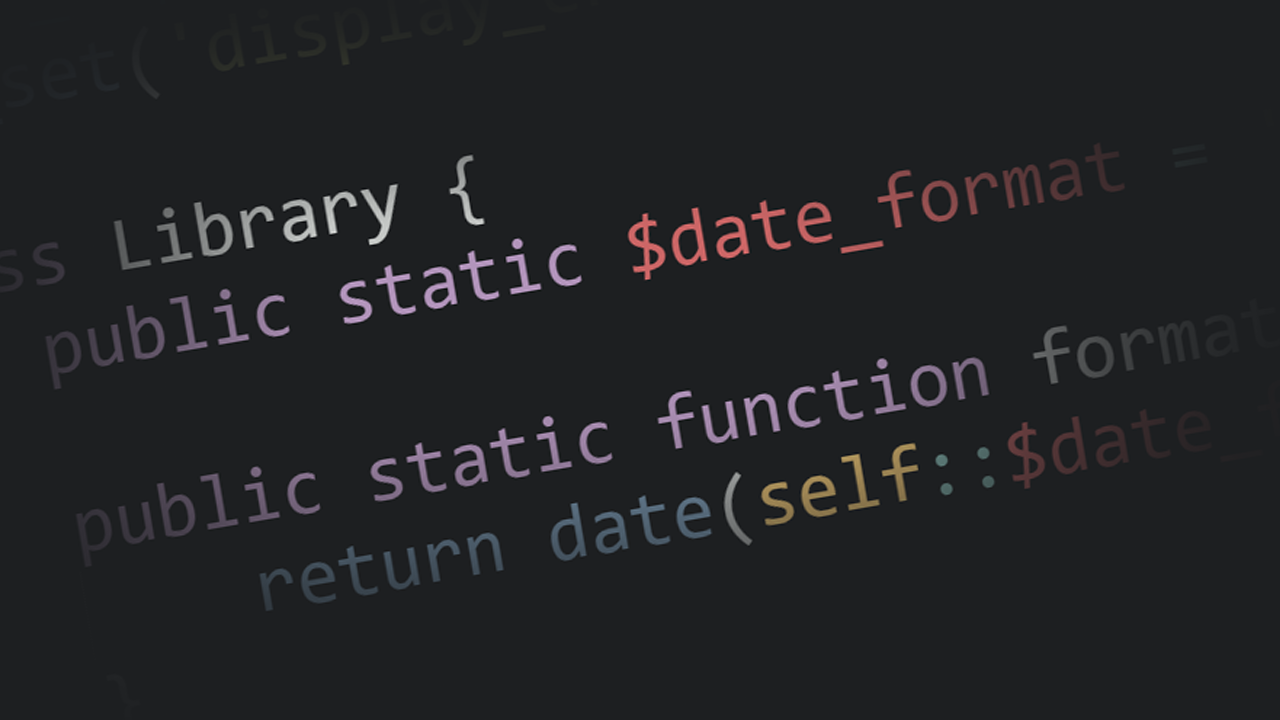Static keyword are isolated, which means we can access the property of a class without creating a object/instance of class. static methods that are common to all the objects of the class. Hence, any logic which can be shared among multiple instances of a class should be inside the static functions. let’s have a quick example:
<?php
class NameOfClass {
public static function myStaticMethod() {
echo "Hello World!";
}
}
?>
we can access a static method class name double colon(::) scope resolution operator, and the method name:
NameOfClass::myStaticMethod();
We can not access static method by creating an object
$classobject=new NameOfClass();
$classobject->myStaticMethod();
it will produce error, static member can not access as non-static member.
Let’s go more deep dive in
<?php
/* Use of static method in PHP */
class NormalA {
public function test($var = "Hello World") {
$this->var = $var;
return $this->var;
}
}
class NormalB {
public static function test($var) {
$var = "This is static";
return $var;
}
}
// Creating Object of class A
$obj = new NormalA();
echo $obj->test('This is non-static');
echo "\n";
echo NormalB::test('This is non-static');
?>
Output
This is non-static This is static
Self keyword is used to access only static methods, we can’t access not static method using self. you can use $this to access the non static methods in a class
<?php
class SelfClassName{
public static function testself(){
}
public function test(){
self::testself(); // we can access static function and properties in non static methods
SelfClassName::testself(); //correct
}
public function test2(){
$this->testself(); // wrong access, we can't access static properties as statically
}
}
class childClass extends SelfClassName{
public static function testself(){
}
public function test3(){
parent::testself();
self::testself();
}
}
I hope it will clear all doubts.




